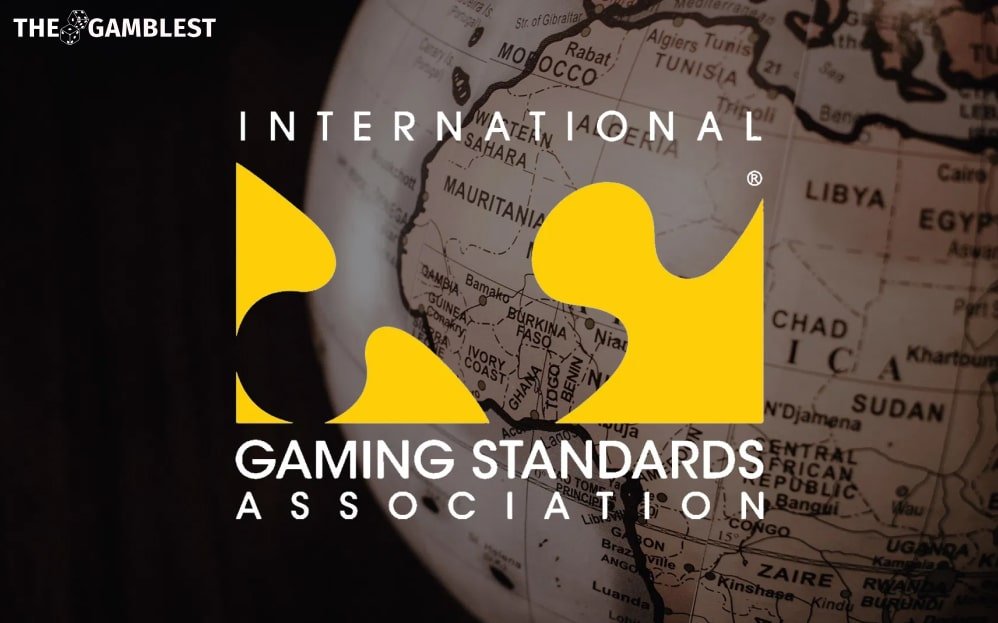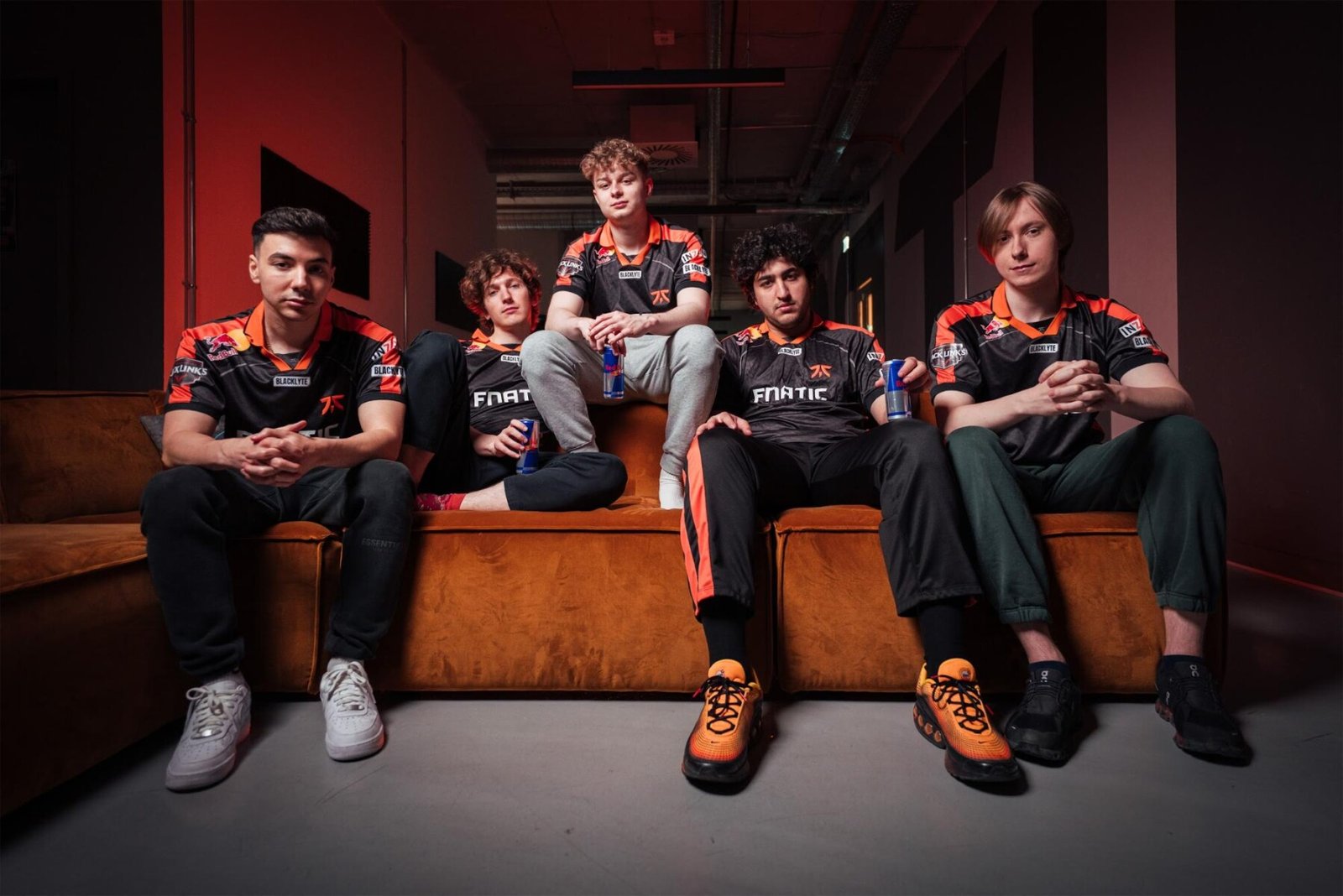The International Gaming Standards Association (IGSA) partners with stakeholders across the gambling industry to streamline regulatory policies and system processes.
Despite progress, the organization believes more needs to be done to tackle emerging risks tied to artificial intelligence and cybersecurity.
Previously, this year, IGSA president Mark Pace described cybersecurity as one of the most urgent issues facing the sector. He noted that while mature markets like the EU have made headway in areas such as responsible gambling and data reporting, with initiatives like the EN17531 standard introduced in 2021, industry regulations remain largely fragmented. This fragmentation, he argued, makes it difficult to implement consistent standards across jurisdictions.
Pace believes that up to 90% of technical requirements could be standardized, which would help unify regulatory practices and ease the burden on global operators who often struggle with navigating differing rules across markets, particularly in Europe.
Established in 1998, IGSA works with around 20 member companies to create common standards and best practices for regulators, operators, and suppliers. Its members include major European gaming firms such as IGT, Merkur, Novomatic, and Intralot.
Mark Pace, President of IGSA, mentioned:
If we focused on getting 85% to 90% standardisation, it would have a tremendous beneficial impact on the industry.
To address regulatory inconsistencies, IGSA offers standardized frameworks for areas including technical systems, player interfaces, gaming device protocols, and regulatory reporting tools.
According to Pace, while each market has its own unique challenges rooted in cultural or governance differences, these account for only a small fraction of the overall obstacles. Most issues, he argues, can be resolved through the implementation of structured, standardized systems. He also acknowledges that companies can’t prevent every possible threat but insists the sector should be better aware of the risks.
To support this effort, IGSA maintains communication, and sometimes forms partnerships, with bodies like the International Association of Gaming Regulators, as well as individual regulatory authorities, to better understand and respond to their specific needs.
Mark Pace, President of IGSA, added:
If you are implementing a cyber resiliency scheme, here are some of the things that you ought to consider. That’s really what we’re creating in our cyber resiliency committee.
A set of best practices to help regulators and regulatory authorities understand this very complex environment and focus them on the things that need to be done.
None of this ‘that casino got hacked’ and then six months later they say, ‘oh, yeah we got hacked’. There has to be a level of responsibility and a level of transparency to be able to share that happened. Because, quite frankly, the bad actors talk to each other, the good actors sometimes don’t. If we are too ashamed because we got hacked and we don’t disclose the details, then we’re only making it worse for ourselves as an industry.











